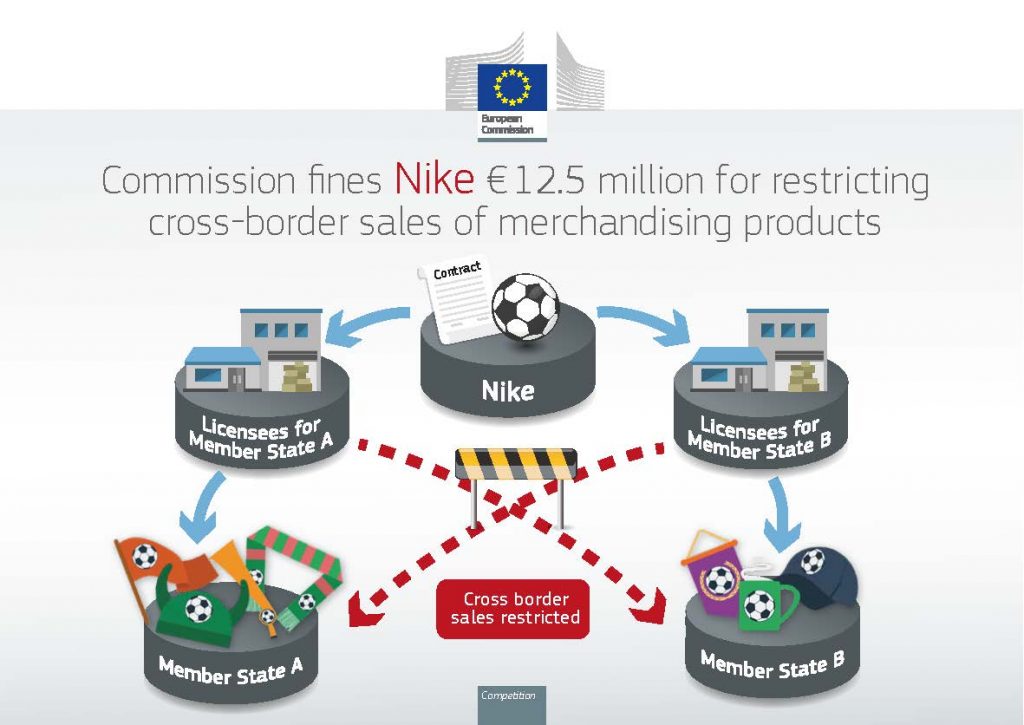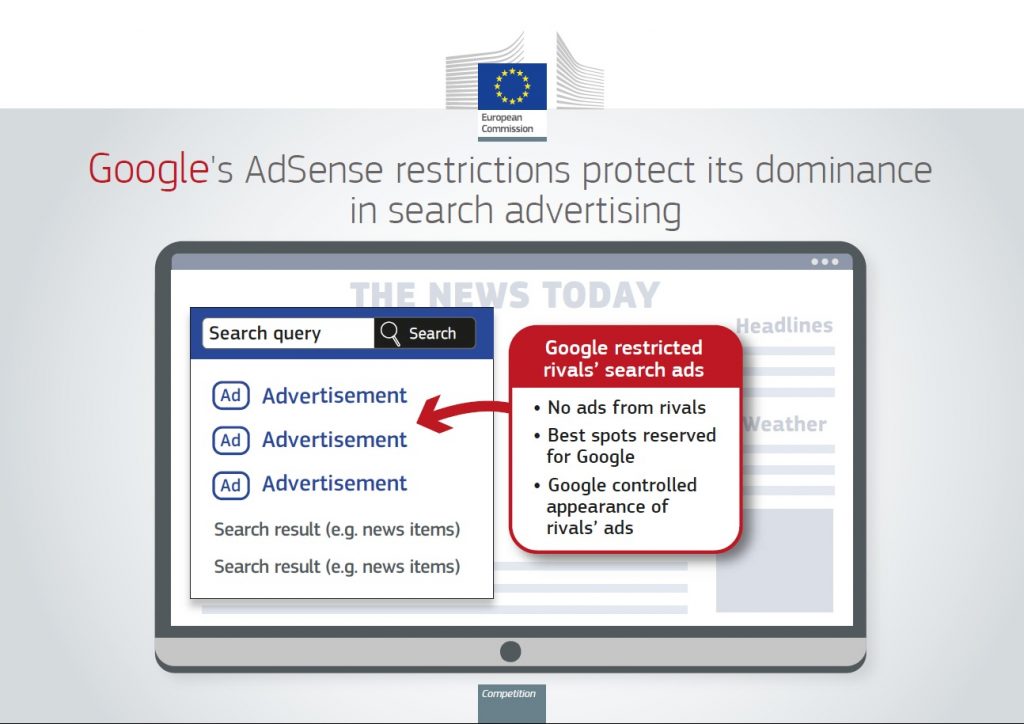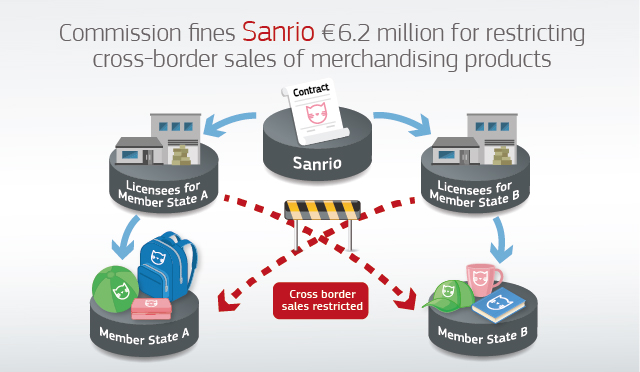The Russian television channel (The First Channel) produces a television program famous in Russia. The program is called “What? Where? When?” where the experts answers the questions asked by the viewers. The program consists of certain amount of rounds. Between these rounds there is musical pause. In one episode of this program, during musical pause, the group of musicians has performed the song. The programs has been broadcasted and then uploaded to the web-site of the channel.
Comments closed


